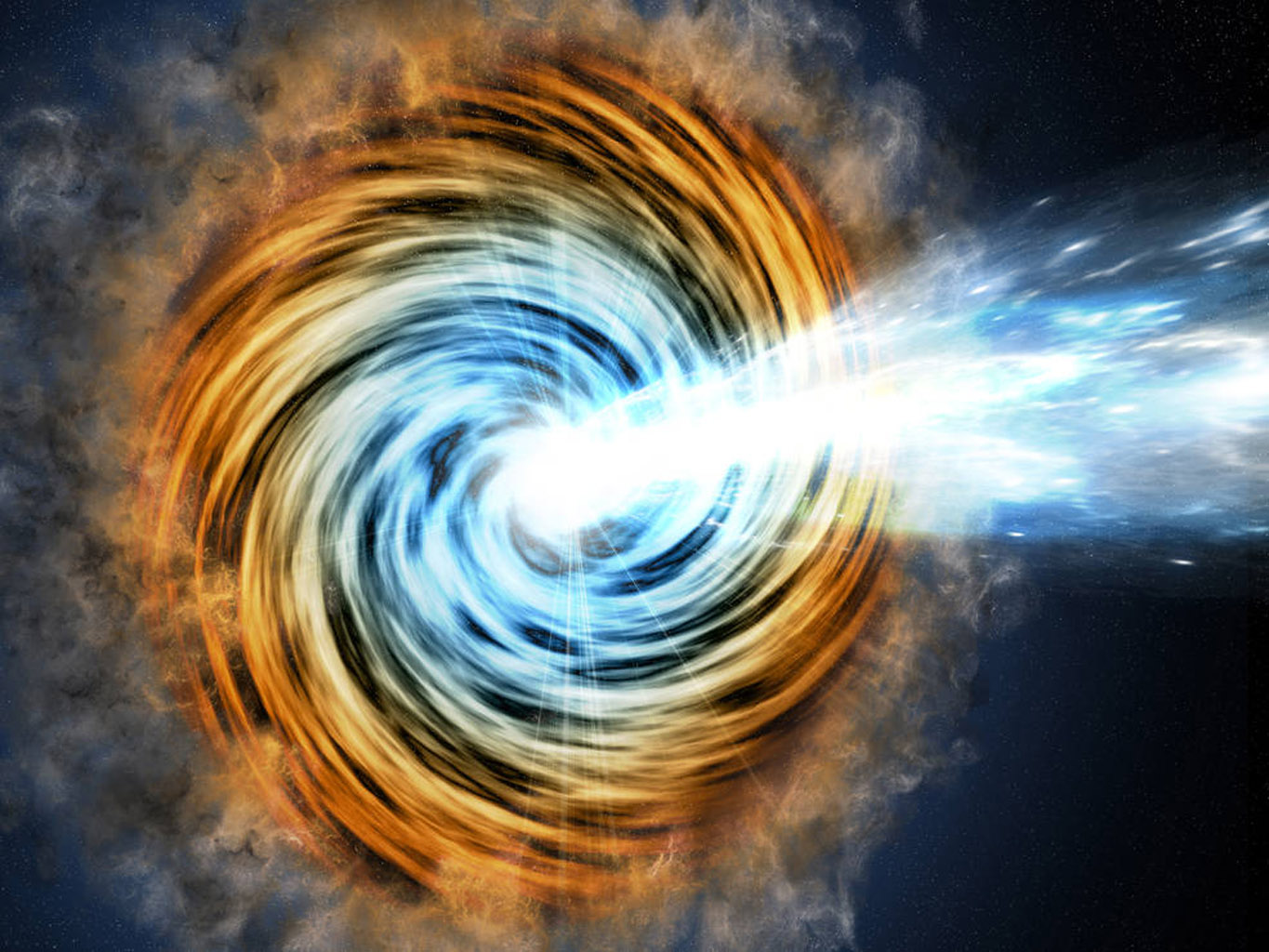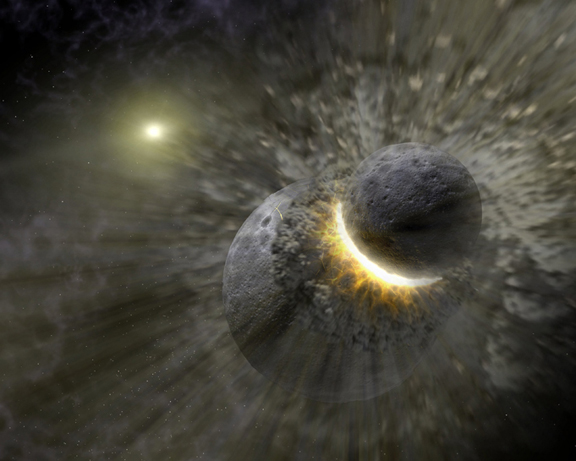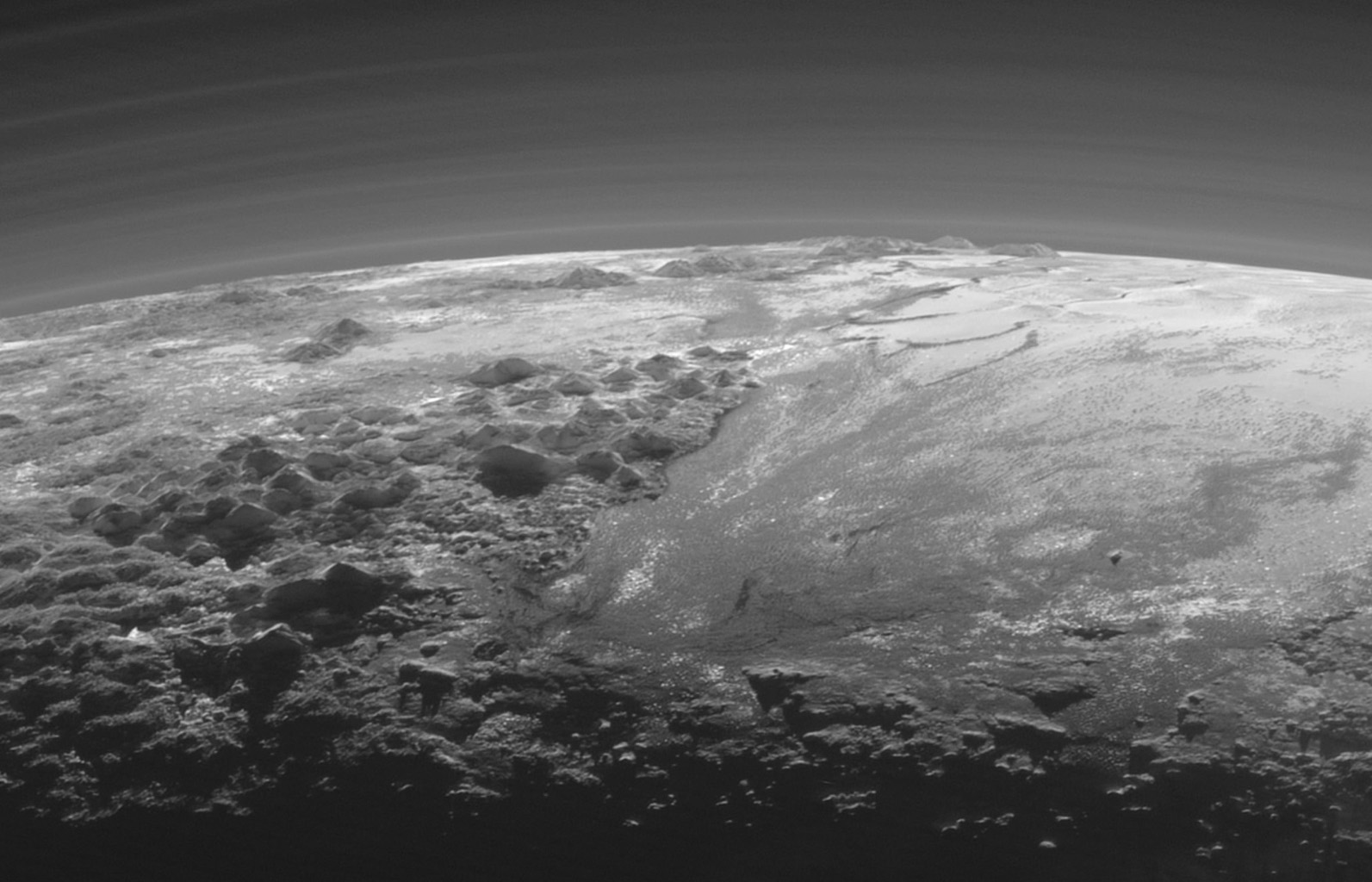 |
| Futurama version? |
See you back in this space next year.
Thoughts (and occasionally fuming) about the state of science, fiction, and science fiction.
by author and technologist
Edward M. Lerner
 |
| Futurama version? |
With no fix in sight, the Taylor offshore spill is threatening to overtake BP’s Deepwater Horizon disaster as the largest ever.
 Still eco-ish, consider how little we yet understand about earthquakes. As in, "Discoveries about 2017 Mexican Earthquake Rattle Geologists."
Still eco-ish, consider how little we yet understand about earthquakes. As in, "Discoveries about 2017 Mexican Earthquake Rattle Geologists."A magnitude 8.2 earthquake that struck southern Mexico on Sept. 7, 2017, not only occurred where existing earthquake modeling said it shouldn't happen, it also broke a tectonic plate, according to scientists ....
The epicenter of the Tehuantepec quake, however, was much deeper – about 28 miles deep in the Cocos plate – than earthquake models said it should be, according to a report in the journal Nature Geoscience ....What we don't know about seismology pales next to what we never really knew about psychology. See "Psychology’s Replication Crisis Is Running Out of Excuses." The subtitle says it all:
The study also showed that the Cocos plate completely split apart, National Geographic writes. A tremendous amount of energy was released in seconds.
Another big project has found that only half of studies can be repeated. And this time, the usual explanations fall flat.And lastly (for today, anyway) to keep you musing, consider this: "Science Is Getting Less Bang for Its Buck."
Despite vast increases in the time and money spent on research, progress is barely keeping pace with the past. What went wrong?
 |
| Remember these? |
 |
| Fool's gold? |
... the bitcoin network runs at 342,934,450 watts—roughly 343 megawatts. Calculations based on EIA data reveal that the average U.S. household consumes about 1.2 kilowatts of power, meaning that 343 megawatts would be enough to power 285,833 U.S. homes.All that said? I don't expect bitcoin (or ethereum, litecoin, ripple ...) to go completely away. After all, even after Tulip Mania you can still buy tulip bulbs :-)
 |
| Rara avis! Is that a book store? Check it out. |
 |
| The (in)famous double helix |
Did the octopus evolve its unique intelligence by playing fast and free with the genetic codeAnd turning to truly scary things ...
 |
| Check it out on Amazon |
 |
| Lucy (in a few years) |
Fantasy for the Throne: One-Sitting Reads, edited by Judith K. Dial and Tom Easton.
Amazon link
 |
| by John Charlton (1847–1917) |
 |
| A beginning (of sorts) |

| I grant you: it is pretty. |
 |
| Blazar saddles? |
 |
| In the beginning? |
 |
| Words leaking out of fingertips :-) |
 |
| The entire InterstellarNet series |
"A wonderfully thought-provoking story ... Lerner's world-building and extrapolating are top notch.InterstellarNet: New Order. In which humanity discovers that meeting aliens face to face is very different -- and a lot more dangerous -- than sending and receiving messages.
-- SFScope
"... A twisted plot complete with conspiracies, alien psychology, antimatter physics neep, AI spies, and plenty of shooting action at the end."InterstellarNet: Enigma. Humanity once feared that we might be alone in the universe. Now we know better. And it turns out there are far worse things than being alone ....
-- Internet Review of Science Fiction
"An exceptional book in an excellent series .... If you enjoy a good story on a large scale told by sympathetic characters, read Interstellar Net: Enigma. If you enjoy space opera, space combat, and unlikely heroes saving the earth, you will enjoy this book. If you enjoy mysteries, the futuristic elements will not detract. This is one of the few novels that combine an action mystery with a sweeping science fiction and excels at being both."
-- Galaxy's Edge
And winner of the inaugural Canopus Award "honoring excellence in interstellar writing."And of the overall InterstellarNet series:
"Edward M. Lerner’s InterstellarNet is one of the most original and well-thought-out visions of an interstellar civilization I've ever seen."
-- Stanley Schmidt, editor of Analog Science Fiction and Fact
 |
| The not-so-little observatory that could |
 |
| The ESO VLT |
 |
| The JWST. Much assembly required. |
 |
| Yeah. That kinda week |
"Aggregating, clumping, sweeping … it all sounds stately and serene. It can happen that way—but usually doesn’t. The heavily cratered surface of the Moon testifies to the violence of the Solar System’s (not thought to be unusual) Late Heavy Bombardment period. The Moon itself, it is believed, coalesced from Earth-orbiting debris after a Mars-sized protoplanet struck the young Earth a glancing blow."
(*) from Trope-ing the Light Fantastic: The Science Behind the Fiction
 |
| The Moon is born? |
"... could only have formed under incredible pressure — the equivalent of diving 600 kilometers into Earth's interior or attempting to hold up 100,000 tons with your bare hands...
...
"... the meteorite's parent body would have to have been a planet at least as big as Mercury and possibly as large as Mars."For the full story, see, "These diamonds from space formed inside a long-lost planet, scientists say."
 Bottom-lining
it: This is an epic offer on an epic -- and much acclaimed -- hard-SF
story line that spans centuries and light-years. A story line with:
Existential dangers. Larger-than-life deeds, both villainous and heroic.
Truly alien aliens. Amazing advanced technologies.
Bottom-lining
it: This is an epic offer on an epic -- and much acclaimed -- hard-SF
story line that spans centuries and light-years. A story line with:
Existential dangers. Larger-than-life deeds, both villainous and heroic.
Truly alien aliens. Amazing advanced technologies.  Bottom-lining it: This is an epic offer on an epic -- and much acclaimed -- hard-SF story line that spans centuries and light-years. A story line with: Existential dangers. Larger-than-life deeds, both villainous and heroic. Truly alien aliens. Amazing advanced technologies.
Bottom-lining it: This is an epic offer on an epic -- and much acclaimed -- hard-SF story line that spans centuries and light-years. A story line with: Existential dangers. Larger-than-life deeds, both villainous and heroic. Truly alien aliens. Amazing advanced technologies.  |
| Can they top this cover? |
 Trope-ing? There's a funny word! So what is this book?
Trope-ing? There's a funny word! So what is this book?Men have walked on the Moon. Siri and Alexa manage — at least often enough to be helpful — to make sense of the things we say. Biologists have decoded DNA, and doctors have begun to tailor treatments to suit our individual genetic make-ups. In short: science and tech happen.And what's the early buzz? I'm happy you asked.
But faster-than-light travel? Time travel? Telepathy? A six million dollar — as adjusted, of course, for inflation — man? Starfaring aliens? Super-intelligent computers? Those, surely, are mere fodder for storytelling. Or wild extrapolations. Just so many "sci fi" tropes.
Sometimes, yes. But not necessarily.
In Trope-ing the Light Fantastic, physicist, computer engineer, science popularizer, and award-winning science-fiction author Edward M. Lerner entertainingly examines these and many other SF tropes. The science behind the fiction.
Each chapter, along with its eminently accessible scientific discussion, surveys science fiction — foundational and modern, in short and long written form, on TV and the big screen — that illustrates a particular trope. The good, the bad, and occasionally the cringe-worthy. All imparted with wit (and ample references to learn more).
So forget what the Wizard of Oz advised. Let's pull back the curtain ....
 |
| To order from Amazon |
 |
| The Mountains of Madness (er, Pluto) |
| Fine posts, every one |

You know what I imagine must be every author’s least favorite questions? “What’s your favorite from among your books?” And, “If I want to tr...



